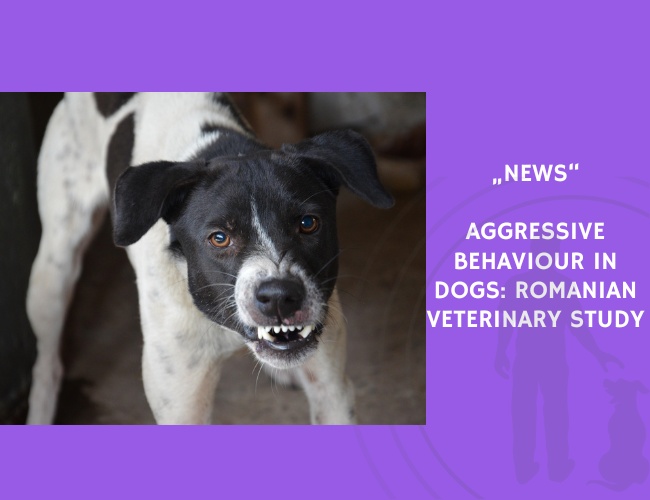Grigoreanu et al. (2024) conducted a study to evaluate the prevalence and types of aggression in dogs across several Romanian cities, including Timișoara, Arad, Oradea, and Bucharest. Aggression remains one of the most common reasons for dog abandonment and surrender to shelters, often due to owners’ lack of knowledge on behaviour management.
The study assessed 100 dogs, all aged at least 18 months, using a behavioural observation sheet during veterinary consultations. Results showed that 94 dogs exhibited some form of aggression: 32% toward family members, 29% toward visitors, 21% toward strangers, and 28% toward other dogs.
These findings highlight that aggression is not only widespread but also multifaceted, manifesting differently depending on the social context. The researchers stress the importance of early socialization and controlled exposure during critical developmental periods to reduce the risk of aggression in adulthood.
The study contributes to veterinary behavioural science by emphasizing that preventive strategies, such as puppy socialization classes and educating owners, are as essential as therapeutic interventions in reducing aggression-related abandonment.
Source: Grigoreanu, A., Cojocaru, R., Gașpar, C., Bucur, I., Lăzărescu, C., & Țibru, I. (2024). Aggressive Behaviour in Dogs. Scientific Papers Journal Veterinary Series. Authors: Alexandra Grigoreanu, R. Cojocaru, C. Gașpar, I. Bucur, C. Lăzărescu, I. Țibru. Journal: Scientific Papers Journal Veterinary Series.










